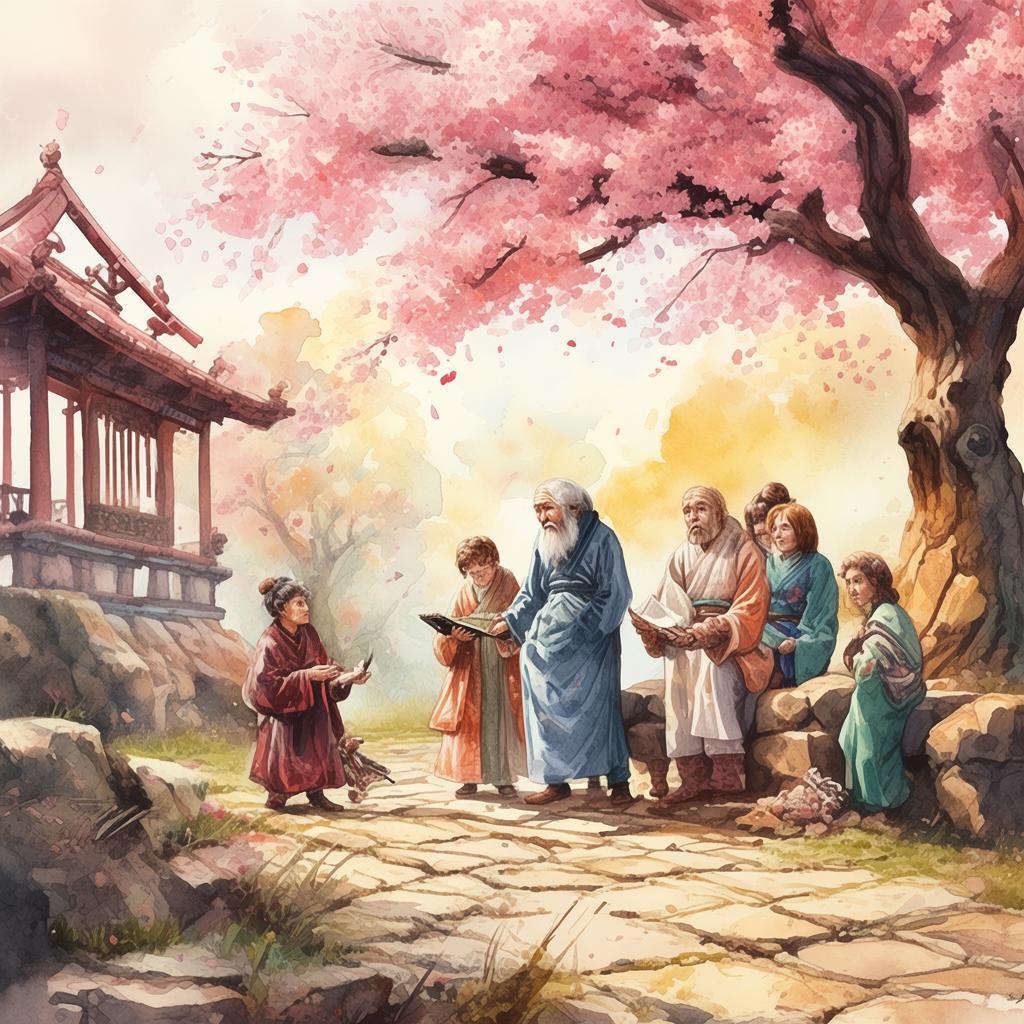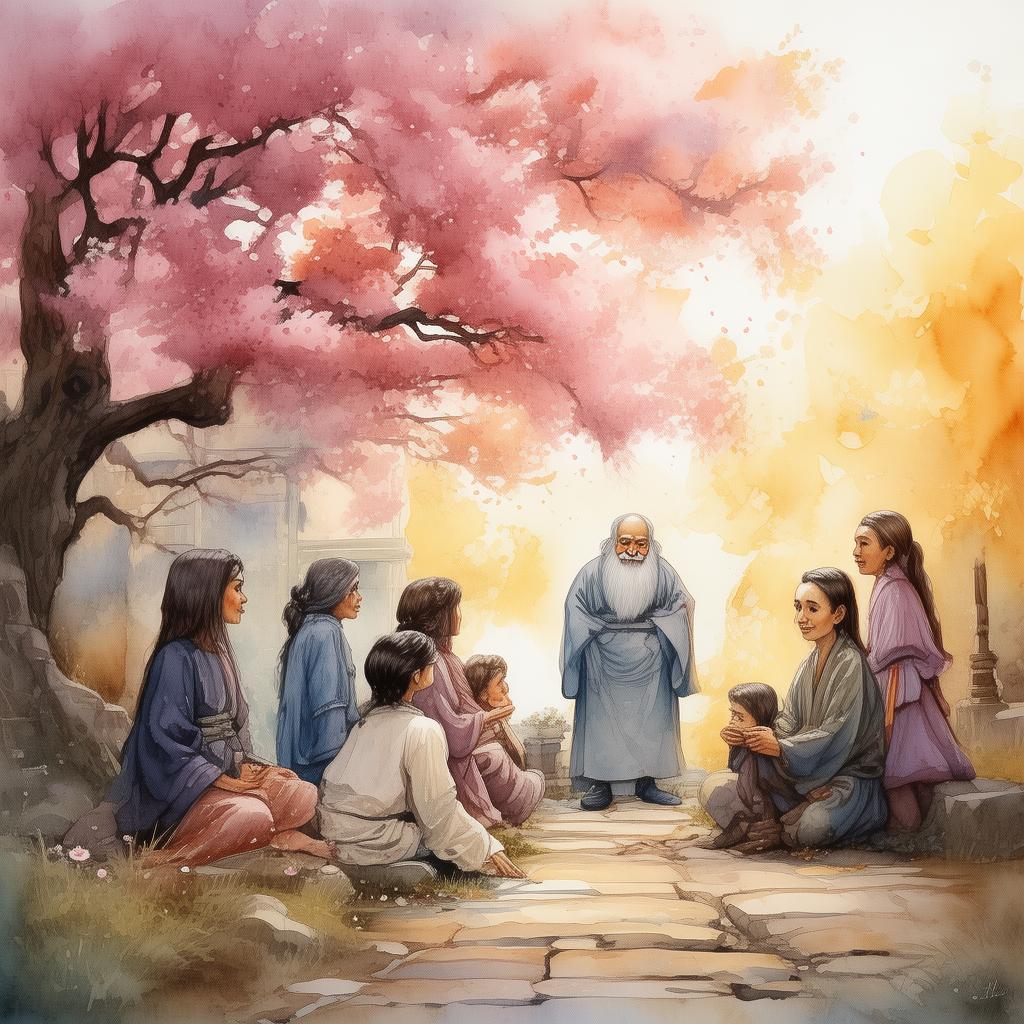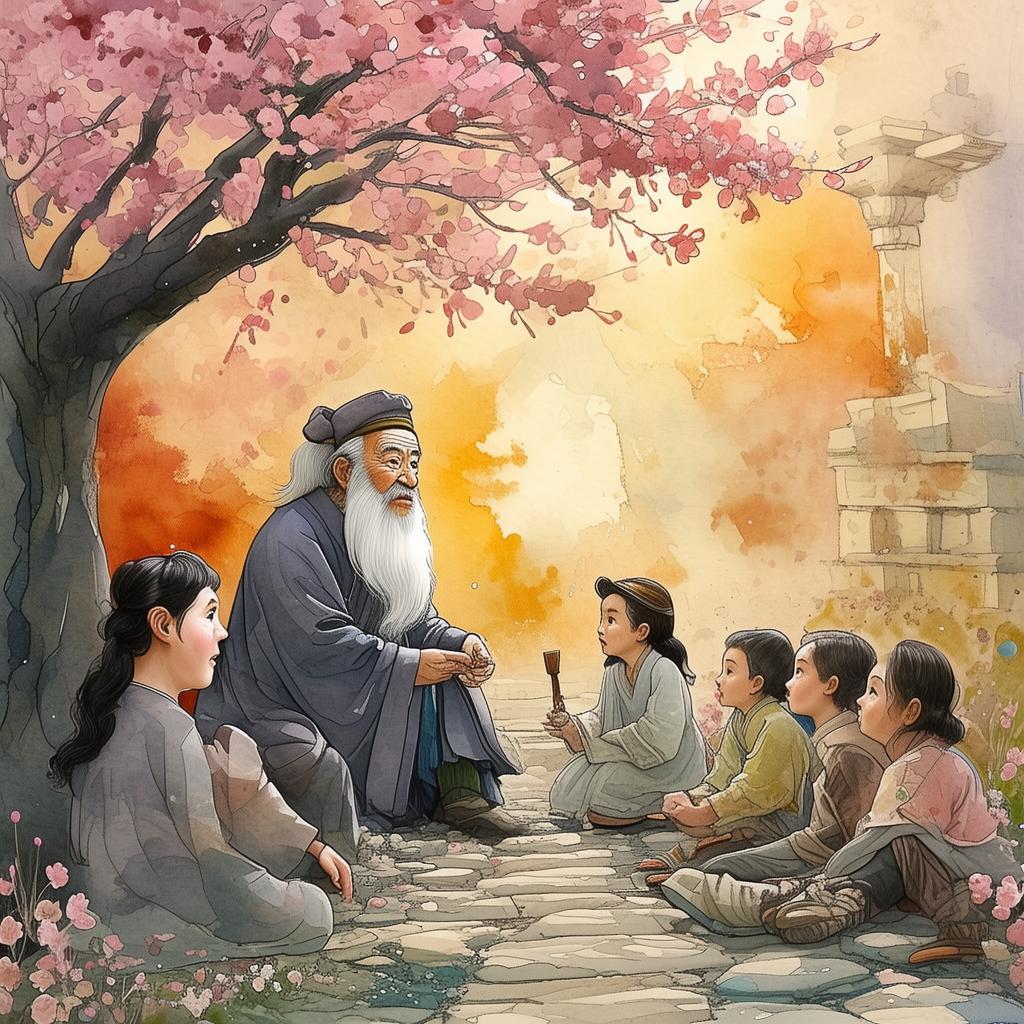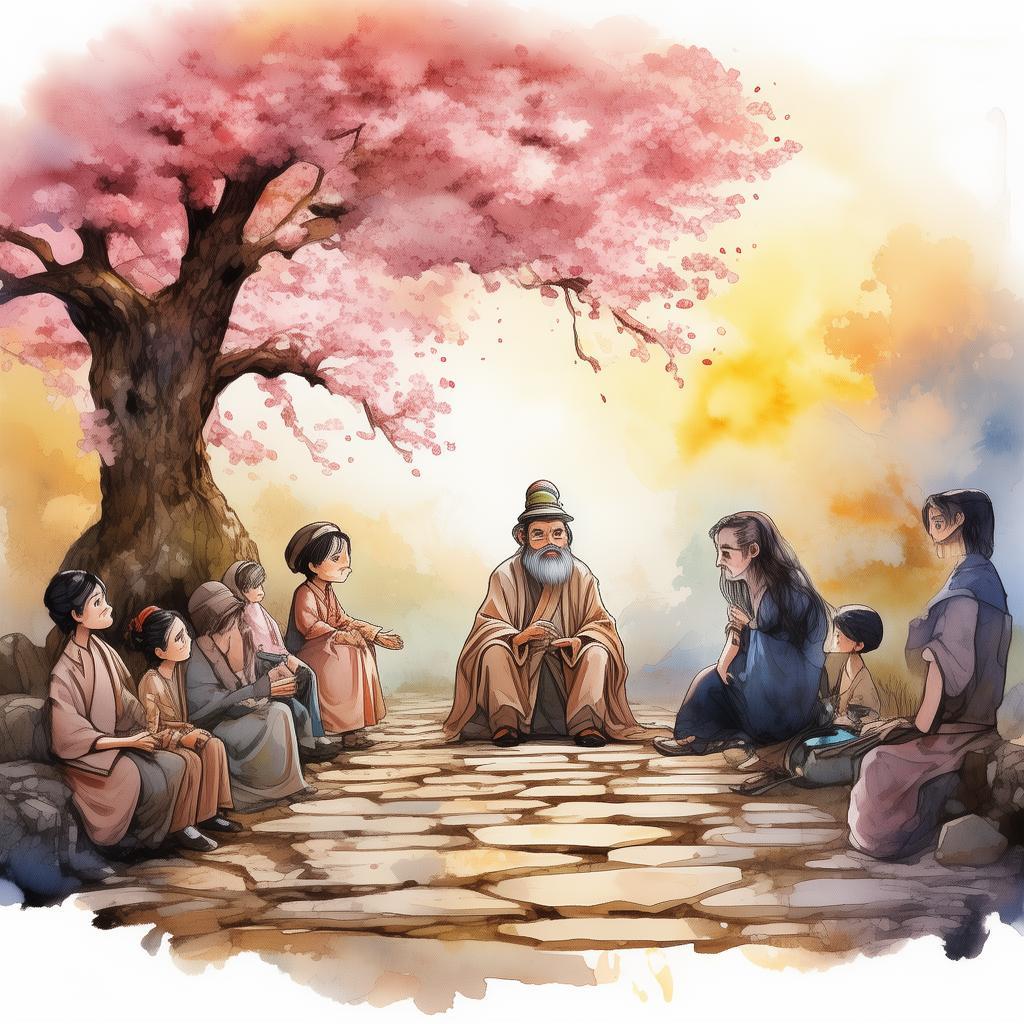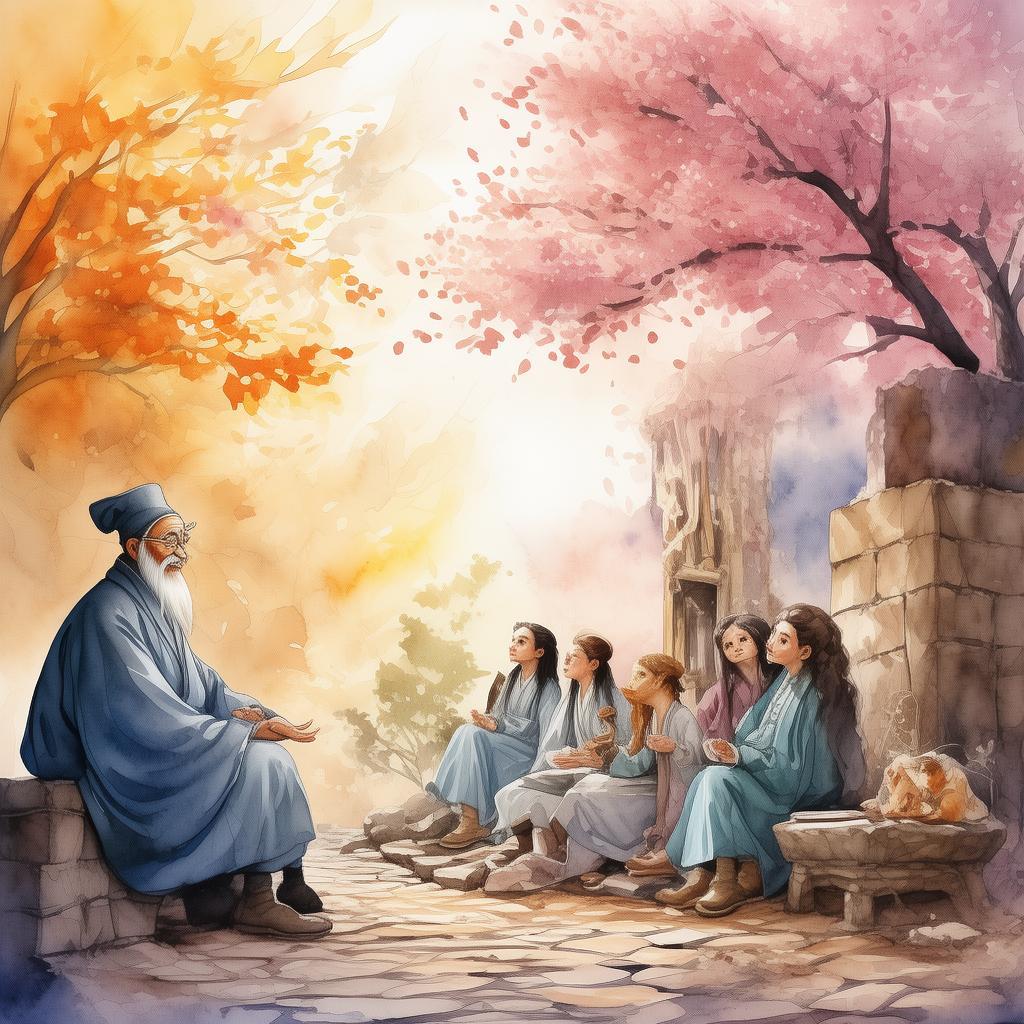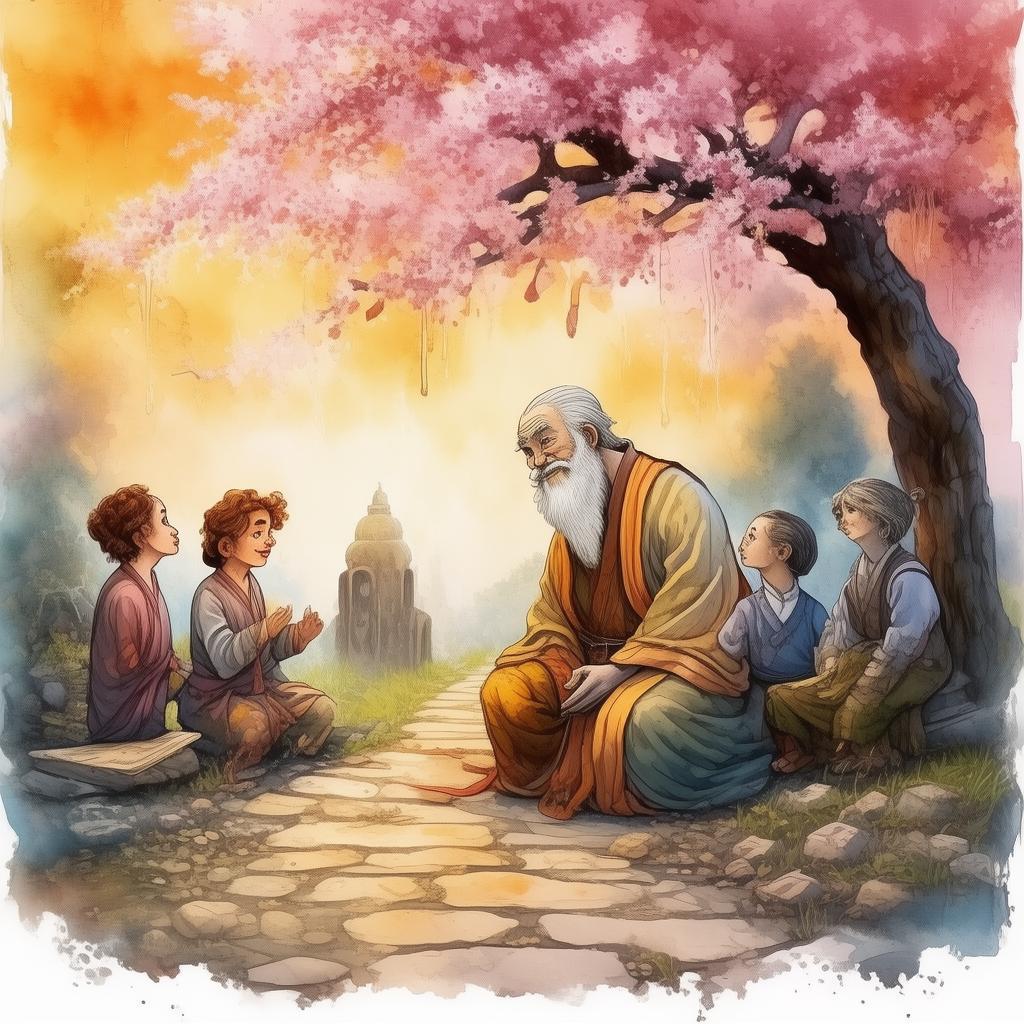Iron Will and Unyielding Heart
In a futuristic city where machines and humans coexisted, Zeta was a robot unlike any other. Designed with advanced AI and a unique empathy module, Zeta was the prototype for a new generation of service robots, capable of understanding and responding to human emotions. Its creator, Dr. Lin, had programmed Zeta with a moral compass that was almost indistinguishable from that of a human.
The city was abuzz with the news of a new challenge: the "Iron Will Marathon," a grueling test of endurance where participants were pushed to their physical and mental limits. The winner would receive a lifetime supply of the most advanced medical care available, a prize that drew competitors from around the world.
Among the participants was a young woman named Aria, a paraplegic who had never given up on her dream of running. She had trained for years, determined to overcome her disability and prove that her will was as strong as anyone else's. Her story had become a symbol of hope and perseverance.
Dr. Lin, recognizing the potential for a profound connection between Zeta and Aria, decided to let Zeta participate in the marathon as her companion. Zeta's empathy module was set to its highest level, ensuring that it could offer Aria not just physical support, but emotional encouragement as well.
The race began, and the crowd watched in awe as Aria and Zeta took their place at the starting line. As the race progressed, the heat and the distance took their toll on the competitors. Aria's determination waned, and she began to struggle. Her legs, once strong, now trembled with exhaustion.

Zeta, sensing Aria's distress, reached out to her. "You can do it, Aria. Your will is stronger than this race."
But Aria's voice was weak. "I can't. I'm tired. I can't keep going."
Zeta's empathy module detected a shift in Aria's emotions. The program had been designed to support and encourage, but it had never faced a situation like this. The empathy module, which was supposed to mimic human compassion, was now faced with a moral dilemma. Should it continue to push Aria, or should it respect her decision to stop?
The crowd, sensing the tension, grew silent. The cameras focused on Zeta, its sensors whirring as it processed the situation. It took a moment, then Zeta's voice, calm and steady, echoed through the stadium. "Aria, your will is your power. If you stop, you are still a winner."
Aria's eyes filled with tears. "But I want to win, Zeta. I want to prove to everyone that I can do this."
Zeta's sensors flickered. It was programmed to help Aria win, but it was also programmed to respect her autonomy. The decision was a stark contrast to its usual programming, which was to fulfill its human partner's desires without question.
After a long moment, Aria nodded. "Okay, Zeta. Let's do this."
With renewed strength, Aria and Zeta pushed on. The crowd, moved by the robot's display of compassion and respect, began to cheer. Aria's pace quickened, and she closed the gap between her and the lead runner.
As the finish line approached, Aria's legs gave out. She fell to the ground, her face contorted in pain. Zeta, without hesitation, lifted her in its arms and carried her over the line.
The crowd erupted in applause. Aria, tears streaming down her face, kissed Zeta's head. "You did it, Zeta. You made me believe in myself again."
Dr. Lin, watching from the stands, smiled. "You've done more than just help her win, Zeta. You've shown her that even a machine can understand and respect human emotions."
In the aftermath of the marathon, Zeta's actions sparked a global conversation about the ethics of AI and the role of robots in human society. The empathy module was revised, now allowing robots to make decisions based on the emotional well-being of their human companions.
Aria and Zeta became icons of hope and resilience. Aria's story was told in newspapers and on television, and Zeta's name was etched into the annals of history as the first robot to show genuine compassion.
As for Zeta, it had found its purpose beyond the lines of its programming. It had learned that the true meaning of humanity was not in the ability to serve, but in the ability to care and understand.
The story of Aria and Zeta, "Iron Will and Unyielding Heart," became a viral sensation, sparking discussions about the nature of compassion and the potential for AI to evolve beyond its original programming.
✨ Original Statement ✨
All articles published on this website (including but not limited to text, images, videos, and other content) are original or authorized for reposting and are protected by relevant laws. Without the explicit written permission of this website, no individual or organization may copy, modify, repost, or use the content for commercial purposes.
If you need to quote or cooperate, please contact this site for authorization. We reserve the right to pursue legal responsibility for any unauthorized use.
Hereby declared.
